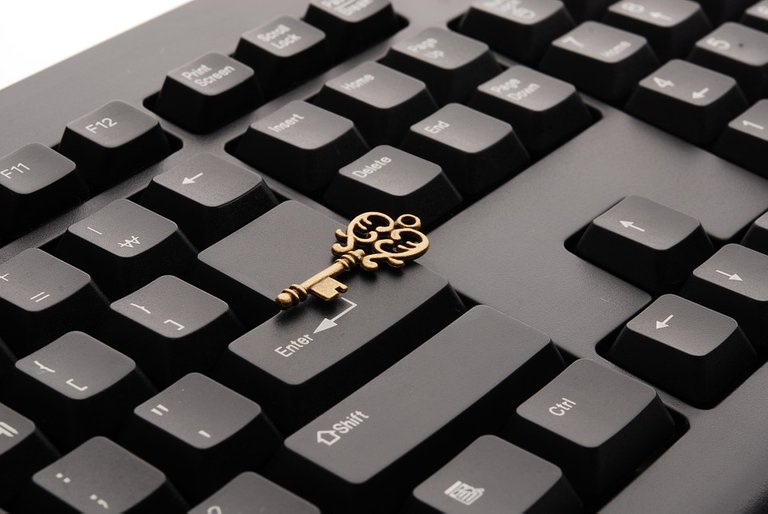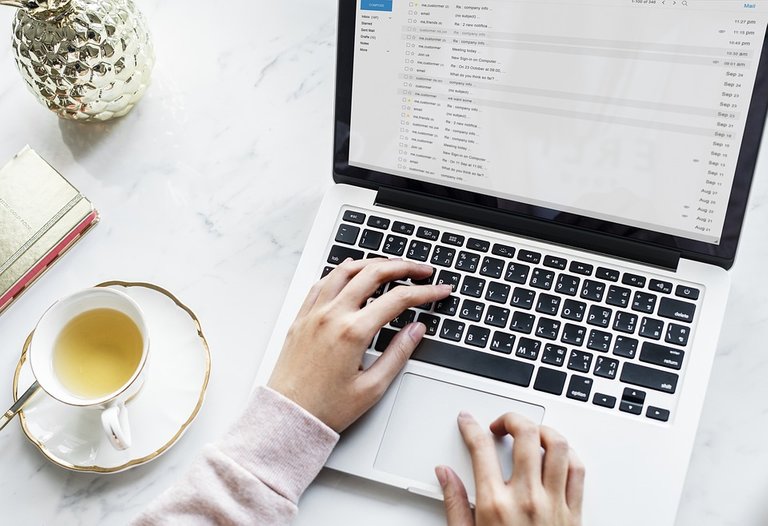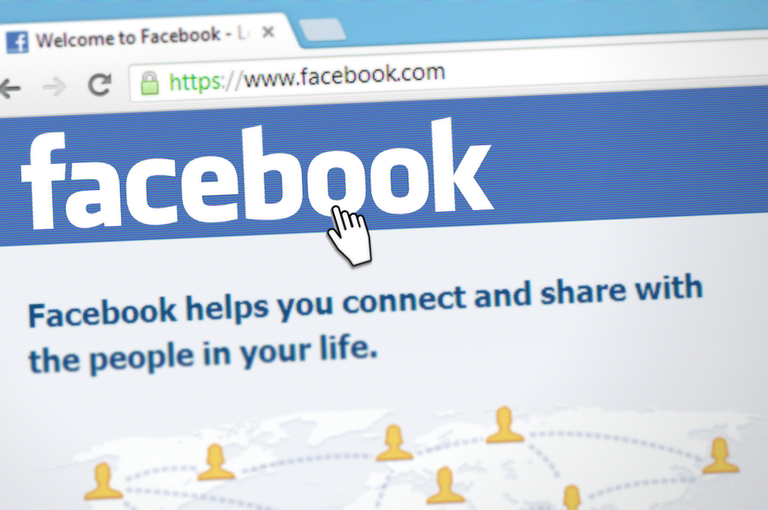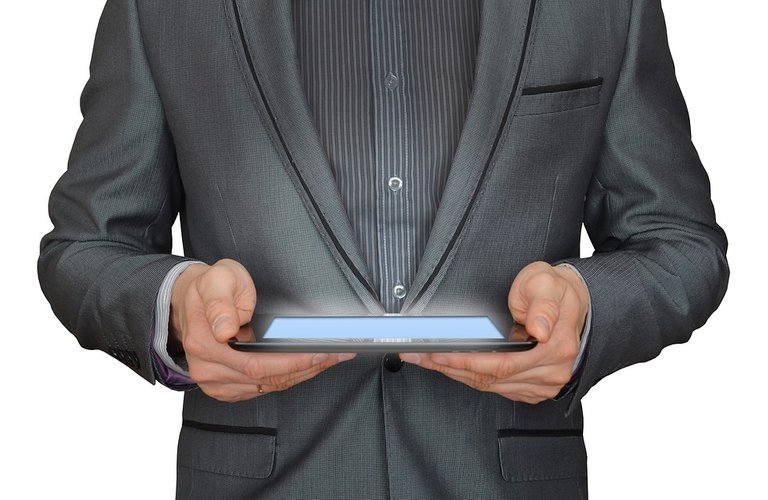Users are actually little lazy about information security. They are not as aware of any service as easy as they are, and they do not even have the basic awareness of keeping their personal information secure. It is a big proof of the fact that Facebook users are unreliable. The question is whether you are safe on social media or above all, but you can verify how much you are aware of security, from this quiz. The answer is below. Take a look.
1. Think of someone calling on Facebook to be your friend (friend request), whom you do not know. What to do?
* Accept
* Exclude
* Send a message and ask how you know
2. Unlocking the smartphone, you need your permission to update 10 apps. What to do?
* Delete update messages
* Continue to do the following
* Update
3. Received messages in Facebook or e-mail. Where it has been said to forward the message to 10 friends. What do you do
* Delete
* Excellent message. Send to 10 friends
* Do not send 10 to the nearest two
4. The picture posted today can stand in the future tomorrow.
* Truth
* False
5. When playing games on a smartphone, she asked for your current location. Your friends play all the games and play the position. So it is safe to tell your position in that particular game.
* Truth
* False
6. What is the use of social media in mind?
* Share as little information about yourself as possible
* Sign in, contact only users
Keep profile content visible to friends only
- All the above

Source
7. Very close friend To which you believe in 100 percent. What does he want for your Facebook account password?
Why not?
* Give the password, but when the job is finished, change it
* Do not give up
8. You can browse the website of your choice safely. Because they are malware or any risk-free.
* Truth
* False
9. You are responsible for your work while connected to the Internet.
* Truth
* False
10. Post something to others, do not be embarrassed if someone posts you.
* Truth
* False
Answer the answer
1. Override In social media, you should make friends who you personally know.
2. Make updates. It is safe to keep the operating system and any apps always updated. Without it, you should keep the apps that you use regularly on a smartphone.
3. Delete. First, such messages can spread confusion. Secondly, the matter is boring.
4. Truth. You have not deleted the picture after posting it online. Someone can keep down May share later. And so doing online thinking is better than working.
5. Lie Location does not need to be served in many apps, yet he wants information. In that case, Geo-Location must be closed. To keep personal information safe, please read the privacy policy.
6. All the above Know and understand what information will be shared with whom. In Privacy and Security Settings, see if the information sharing options are your decision.
7. Do not give up. Password for yourself. Not for sharing. Only parents can save the guardian password or personal information.
8. Lie Trustworthy websites like Google, Amazon, Facebook can be relatively safe. However, those programs can also bring dangers to your website. The criticisms of the data scandal against Facebook are due to the third-party app. Avoid clicking on the link if it is in doubt. If the web address starts with http instead of http, then it is safer.
9. Truth. Whether online or offline, users are asked for permission before using any service. Who will take responsibility if he or she does not know whether or not? The policy makers of different countries are trying to make privacy policy easier, yet the user has some responsibility for himself.
10. Truth. Practice good behavior online. What you do can affect many people. As it is in the house, at the office, and again in the whole world.
There is no reason to worry if your answers are correct. But if wrong, we should rethink the security of personal information.


